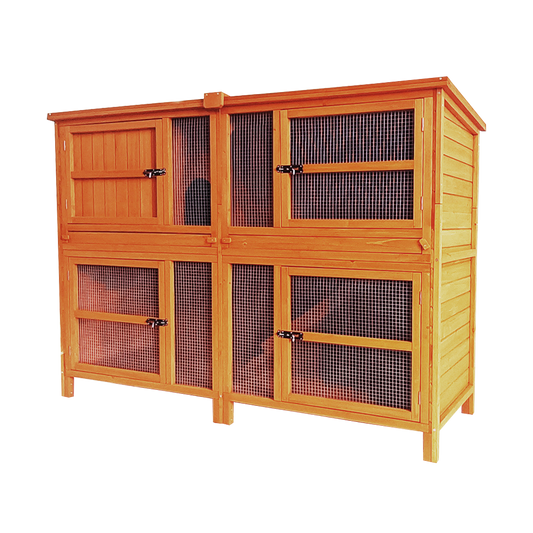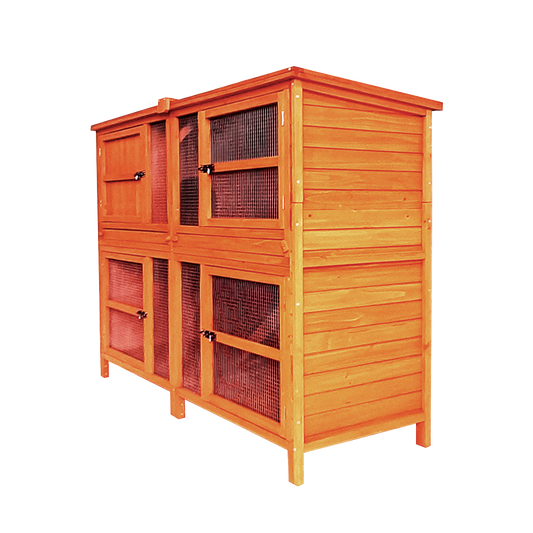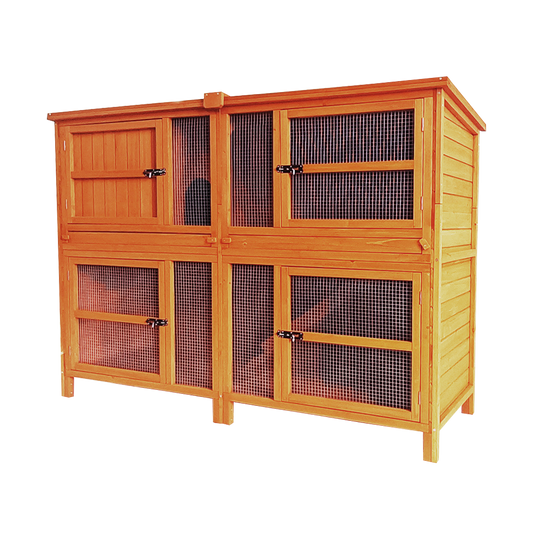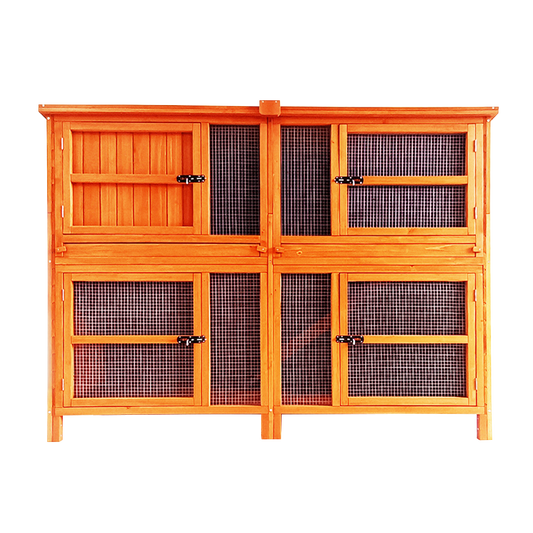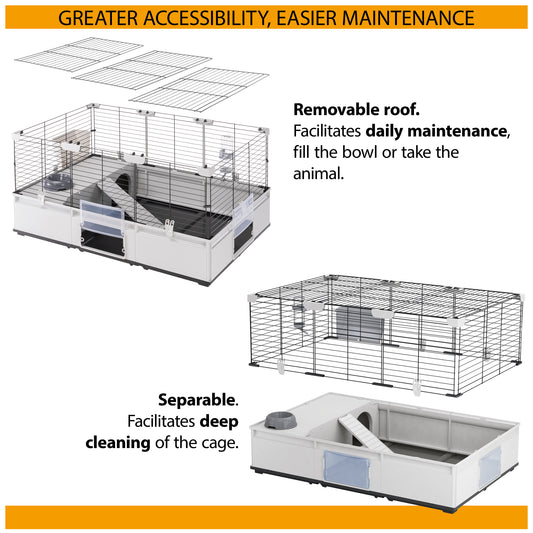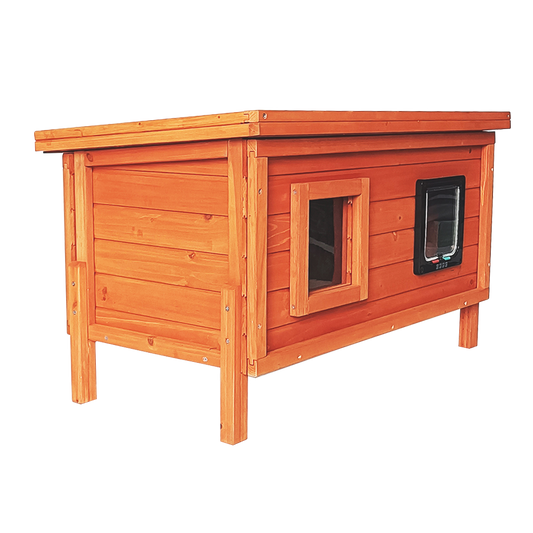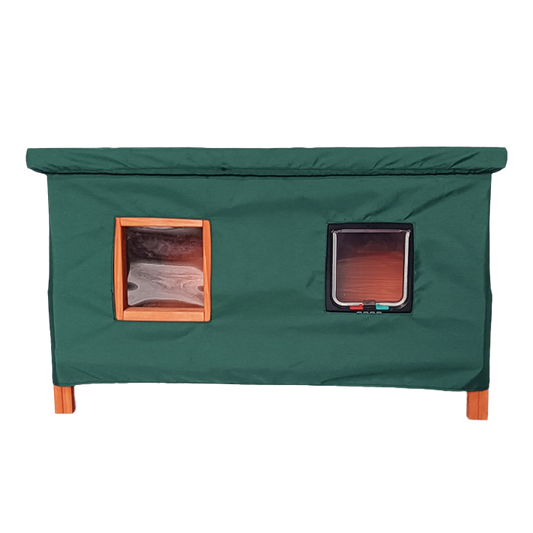Why does my dog scoot his bottom?
A dog dragging their bottom along the floor while in a seated position – or ‘scooting’ as it is commonly known – can be a comical sight, although not if done on the carpet in the middle of a dinner party! The simple explanation as to why dogs scoot is because there is something causing irritation or discomfort to that area of their body. However, you’ll need to do a bit of investigative work to get to the ‘bottom’ of the problem.
Is something stuck?
Often, if a dog has something stuck under their tail – such as a bit of poo, mud or grass – a quick rub along the ground will sort it out. If not, the first thing you should do is have a quick look and see if you are able to help. The problem could be easily solved by giving the area a clean but look for signs of something more sinister, such as redness or swelling in that area. If you notice anything unusual or if your dog is becoming increasingly distressed then it’s time to see your vet.
Are parasites a problem?
Intestinal parasites, such as tapeworms, can cause intense itchiness around the anal area. Dogs can get a tapeworm after ingesting a flea that is carrying an immature tapeworm larva. This then grows into an adult worm in the dog’s intestines and, as it exits the dog’s bottom, leaves it feeling very itchy.
It’s not always easy to tell if a dog has a tapeworm as infected dogs may not show any symptoms, however, aside from an itchy bottom they might suffer from vomiting and weight loss.
As a tapeworm grows, it will shed segments of its body that look like grains of rice and these can sometimes be spotted in a dog’s faeces or in their bedding.
Worming products are very efficient at getting rid of tapeworms and will leave a dog’s bottom itch-free. Ensure that your pet is routinely treated for worms to prevent any future infestation.
What about anal glands?
Dogs have two anal glands, which are small sacs of strong-smelling liquid located just inside the anus. They use these for marking territory and are kept healthy by regularly being emptied when a dog passes a stool.
If these glands are not emptied fully, which can happen when a dog has loose bowel movements meaning less pressure on the glands to squeeze out the liquid, they can become blocked. This leads to them becoming painful and even infected.
Blocked anal glands should be dealt with promptly to avoid infection or prolonged discomfort for a dog. A vet will be able to empty them manually by skilfully applying just the right amount of pressure with their fingers. They may also need to prescribe a course of antibiotics if an infection is present.
Some dogs seem to be prone to having problems with their anal glands and in severe cases your vet may even recommend their removal.
Here are some things that you can do to reduce the chances of your pet suffering from anal gland issues:
- Watch their weight. Overweight dogs have weaker muscles around their bottoms so they are less able to fully empty their anal glands.
- Feed a good quality food so that their stools are bulky enough to put sufficient pressure on the glands to empty them.
- Add some extra fibre to your dog’s diet to further bulk up their stools. Your vet might recommend adding something like sugar-free bran flakes to your dog’s dinner.
- Get your pet’s anal glands checked regularly if they are prone to issues. This will catch any problems early and minimise discomfort or infection.
Could it be an allergy?
It could be that a dog with an itchy bottom is suffering as a result of a food allergy. In this case, it is likely that a dog would also experience irritation in other parts of their bodies, such as their paws and ears.
If an allergy is suspected, your vet will be able to advise you on the best way to treat it – including moving them on to an elimination diet so that you can find out what it is that they are reacting to and remove that ingredient from their diet in future.
Don’t ignore it!
Whatever the reason for your pet’s scooting, if it is persistent, it is likely to be driving them to distraction. Seek veterinary advice as soon as possible to give them – and your carpets – much needed relief!
Shop All Dog
If you found this article interesting, you may like:
Why does my dog drink out of the toilet?


